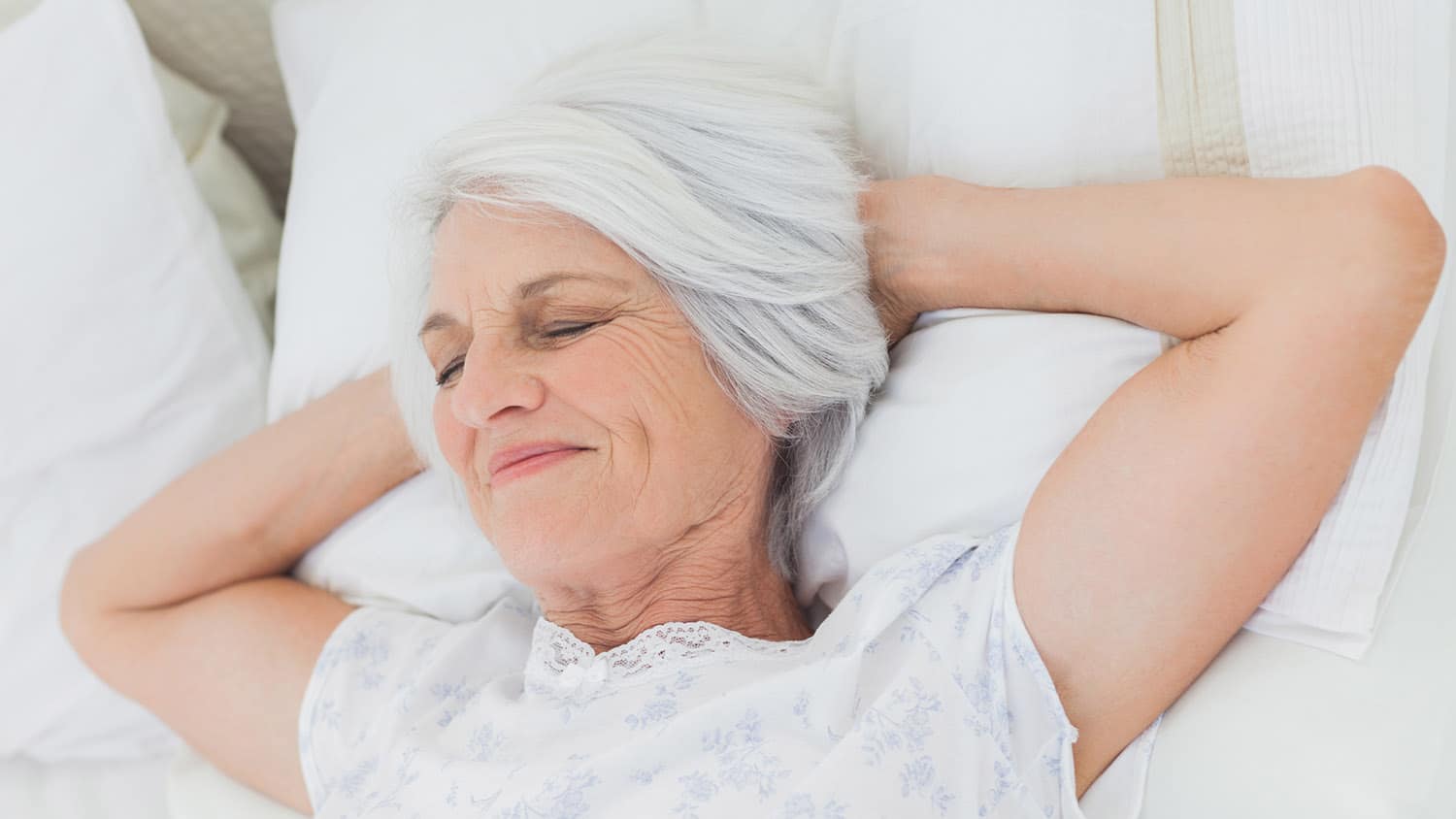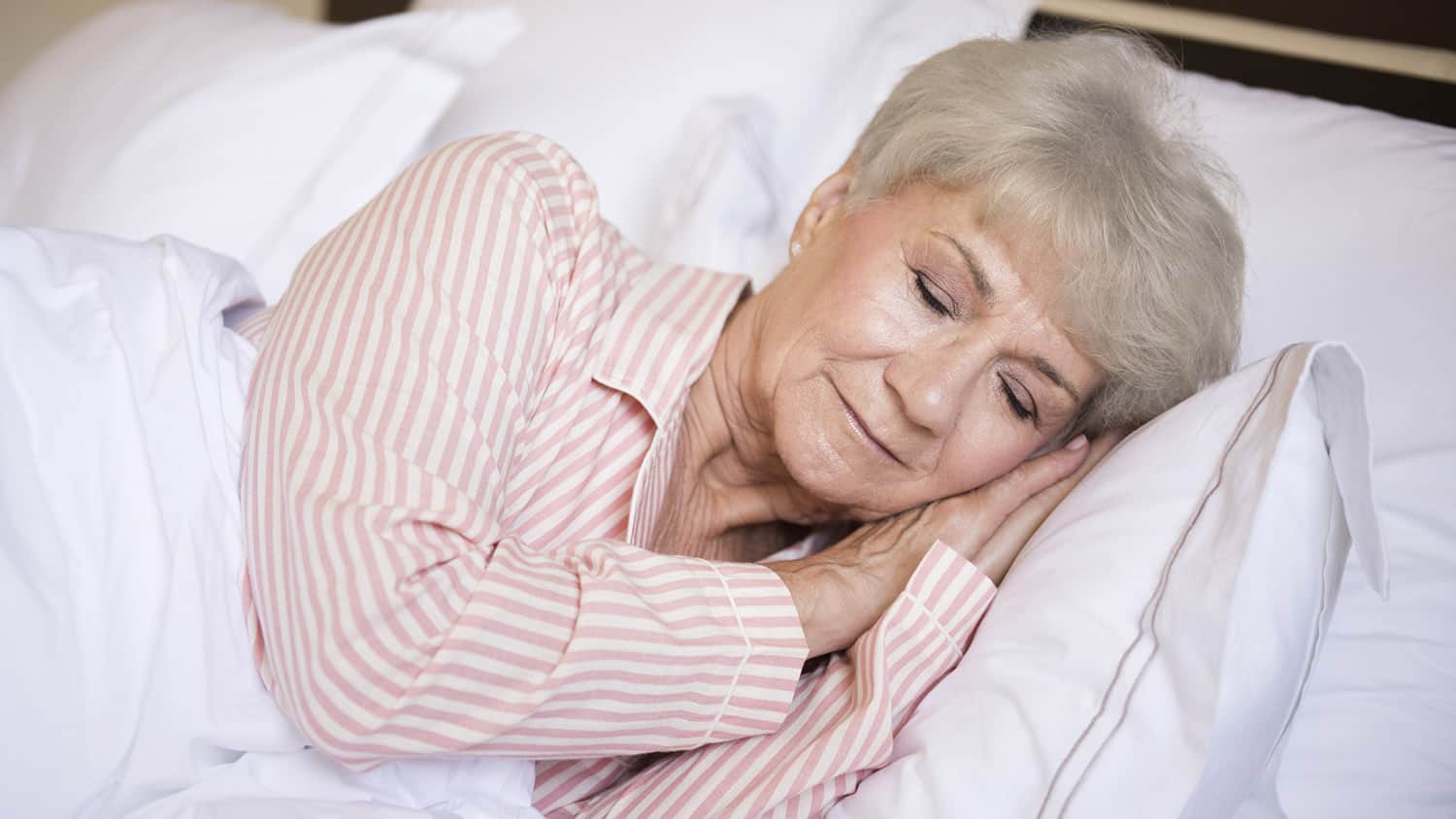
Sleep Tight: 10 Tips to Improve Your Health Through Solid Sleep
I’m nearly 70, and I figure I’ve spent over 203,000 hours of my life snoozing. That’s 8,500 24-hour days, 1200 weeks, 300 months, or 25 solid years of sleep. Call me Rip Van Winkle. I’ve loved every minute of it.
But has it been enough?
How Much Sleep Do We Need?
When I was still teaching, I seldom got the “required” eight hours, and I paid the price. When I didn’t sleep well, the wrong words would pop out of my mouth, I’d mess up writing on the blackboard, and I’d be short-tempered.
When I retired, I decided to toss my alarm and rely on my biological clock. Within a week of that decision, I fell into a routine of sleeping eight hours, from 11 pm to 7 am. It was heaven to wake up on my own, refreshed and eager for the day.
The National Sleep Foundation has recently revised its recommendations for healthy sleep, and for people over 65 they recommend seven to eight hours, with a range of five to nine hours considered appropriate, depending on individual health and needs.
I’m fortunate to be a good sleeper; the nights I toss and turn are rare, but I have a few close friends who struggle to get even five hours of sleep, and I worry about them. I know good sleep promotes health and long life.
Sleep deprivation can have serious consequences. The Harvard Medical School Division of Sleep Medicine has done extensive research and discovered that “in the short term, a lack of adequate sleep can affect judgment, mood, ability to learn and retain information, and may increase the risk of serious accidents and injury. In the long term, chronic sleep deprivation may lead to a host of health problems including obesity, diabetes, cardiovascular disease, and even early mortality.”
So, What Can We Do?
The Harvard Medical School offers the following tips for better sleep:
Go to Bed and Wake at the Same Time Every Day
A consistent pattern of sleeping and waking will become a habit, and your body will acclimate to the schedule, allowing you to fall asleep and wake more easily.
Use the Bed Only for Sleep and Sex
If you’re still sexually active, what better way to tire yourself out? The experts don’t even recommend reading in bed, but books are my sleeping potion. I seldom manage more than a few pages before dozing off. I guess a page-turner might not be a good idea, though.
Limit Your Caffeine
We all know that caffeine is a stimulant, and for some of us any amount of caffeine can keep us awake at night. My father was able to enjoy a strong cup of coffee before bed, while I have to cut myself off after three in the afternoon. Find your personal tolerance for caffeine and act accordingly.
Be Physically Active
Aerobic exercise helps us sleep. If I don’t exercise at all during the day, I usually have trouble sleeping. Whether you do an exercise class, a daily walk, or 10-minute spurts of exercise around the house, exercise will help you sleep.
Limit Naps to 30 Minutes
Though you can use short naps to catch up on sleep, it’s best to do your sleeping at night. Long naps mess up your sleep schedule, and who likes to wake up groggy?
If You Use Tobacco in Any Form, Quit
There’s nothing healthy about smoking, and if cancer isn’t enough of a deterrent, the nicotine found in tobacco is a stimulant that makes it harder to fall asleep. Give it up – it’s not worth it.
Use Alcohol Cautiously
Alcohol depresses the nervous system, so a nightcap may help some people fall asleep. However, this effect disappears after a few hours and may even lead to waking up throughout the night. I’ve found that the second glass of red wine with dinner guarantees me a 3 a.m. wake-up.
Improve Your Sleep Surroundings
You should have a quiet, dark place to sleep. You should also avoid any blue-screen activities for 30-60 minutes before going to bed. Recent research has shown that the blue light of televisions, computers, tablets and phones suppresses the production of melatonin, the hormone that helps us sleep.
Follow the 20-Minute Rule
If you haven’t fallen asleep in 20 minutes of going to bed, get up and do something to relax. You might read, take a warm bath, or drink a cup of warm milk – anything that settles you down. Once you feel tired, head back to bed.
Avoid Taking Sleeping Pills
If you are having ongoing sleep issues, consult with your physician before relying on sleeping pills.
Avoid the Specter of Blue Light
I was surprised to learn that blue light, even ambient blue light, is the most intense of all forms of light. That’s one of the reasons you see blue lights on ambulances.
Our bodies produce more melatonin as the day grows dark, and all lights impede its production, though the intense rays of blue light affect it the most. If you struggle with sleep, get rid of all the electronics in your bedroom.
I look forward to sleeping well in the coming years. Let’s see… eight hours a night for 25 years will be 73,000 hours, which is 3,042 days… That sounds like a blessing to me!
How many hours do you manage to sleep on most nights? How often do you wake up from sleep? Have you found any sleep-inducing strategies that work for you? What keeps you awake late at night? Let’s have a conversation!
Disclaimer: This article is not intended to provide medical advice. Please consult with your doctor to get specific medical advice for your situation.
Tags How to Sleep Better






